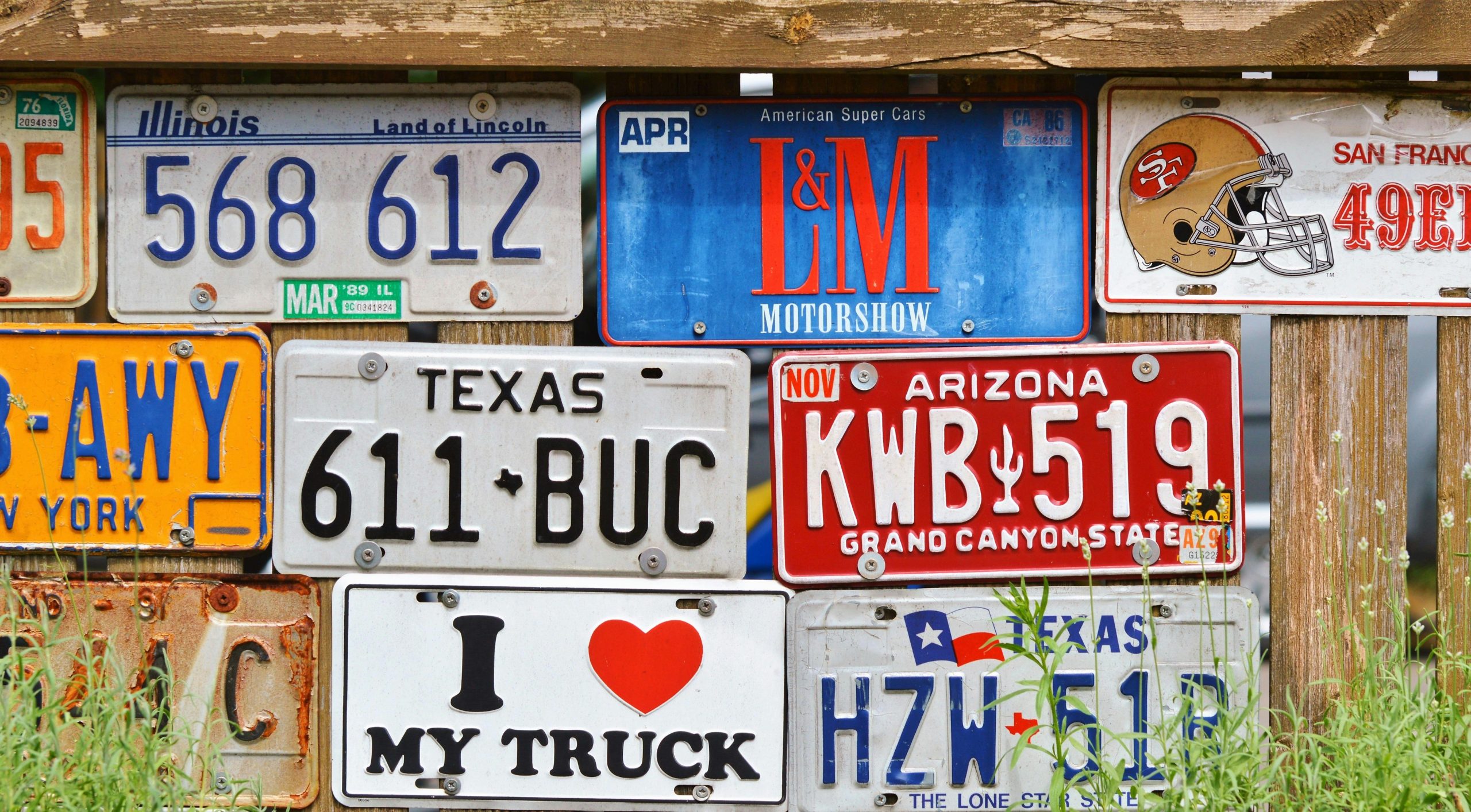I’m curious about how payouts work in cases where there’s no rental coverage. My vehicle was totaled through no fault of my own, and I don’t have collision or rental insurance. The other party’s insurance will cover the value of my car, but they haven’t offered me a rental. Does this mean the payout will be the same as it would be otherwise, or will they simply not deduct any rental costs from the final settlement? For instance, if my car is valued at $8,000, should I expect to receive that amount or possibly less?
So how does the pay out work if we had no rental coverage?




In a situation where your vehicle is totaled and you have no rental coverage, the other party’s insurance will typically pay for the actual cash value (ACV) of your car at the time of the accident. This value is usually assessed based on factors like the make, model, year, condition, mileage, and market trends for similar vehicles.
If the other insurance company has not offered you a rental car, it generally won’t affect the payout amount for the totaled vehicle itself. You should still receive compensation based on the ACV, which, as you mentioned, could be around $8,000, but it may be adjusted lower depending on their assessment.
It’s worth noting that if you had rental coverage, they would typically provide a rental car while you waited for the settlement or the purchase of a new vehicle. Since you don’t have that coverage, they won’t deduct anything from your payment for not providing a rental. However, the final amount you receive will solely reflect the value of your car based on their calculations. If you feel the offered amount is too low, you may be able to negotiate or provide evidence to support a higher value.